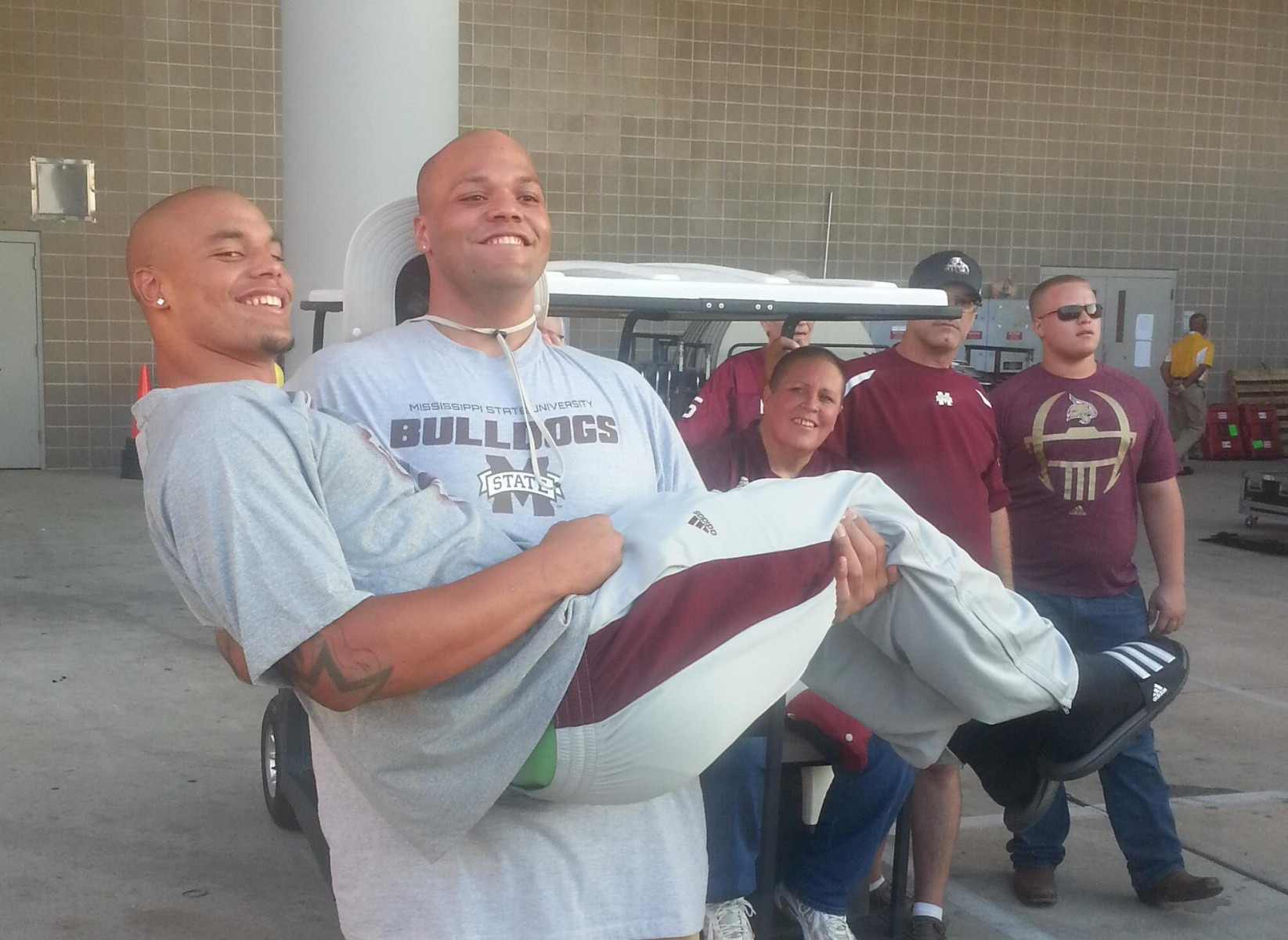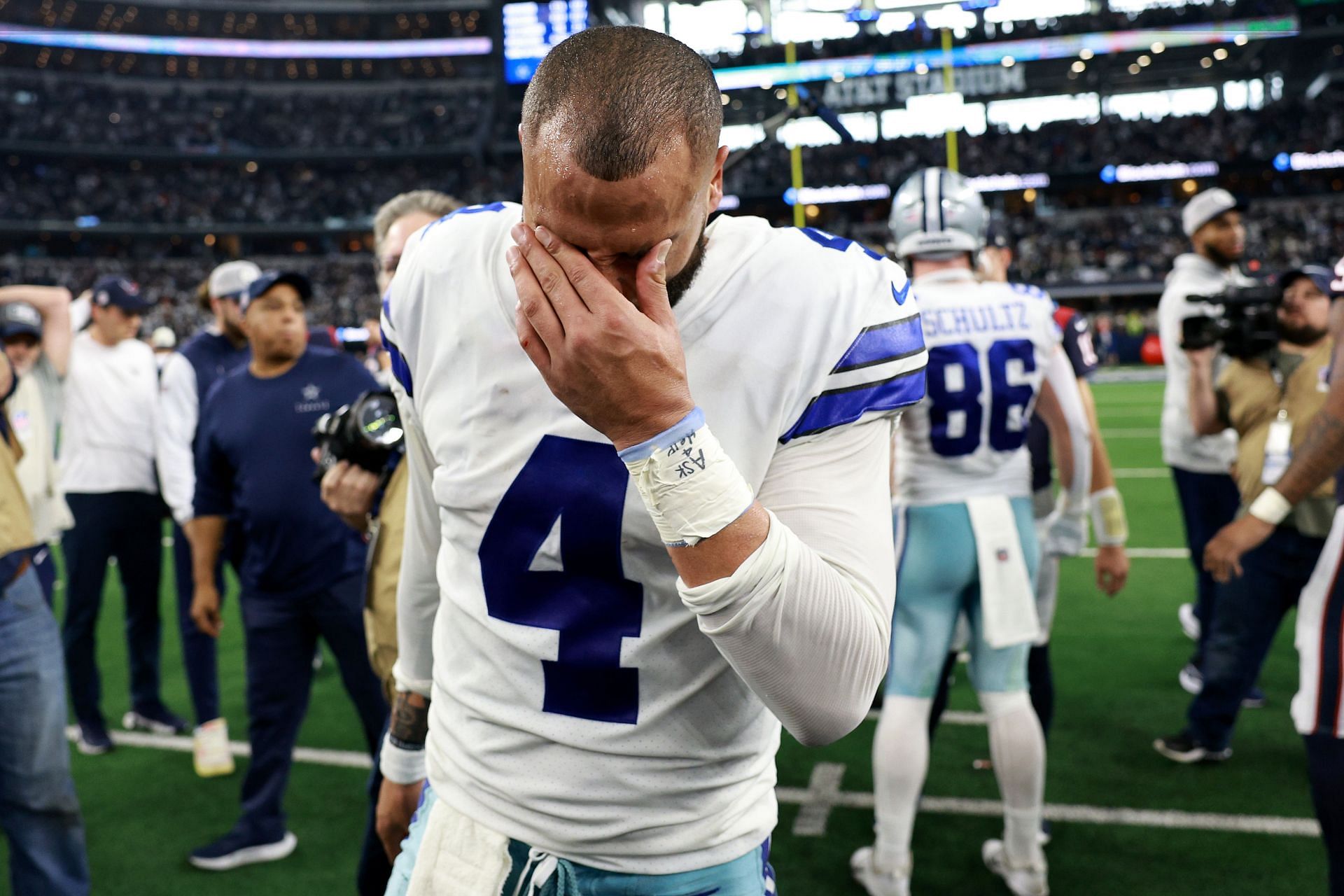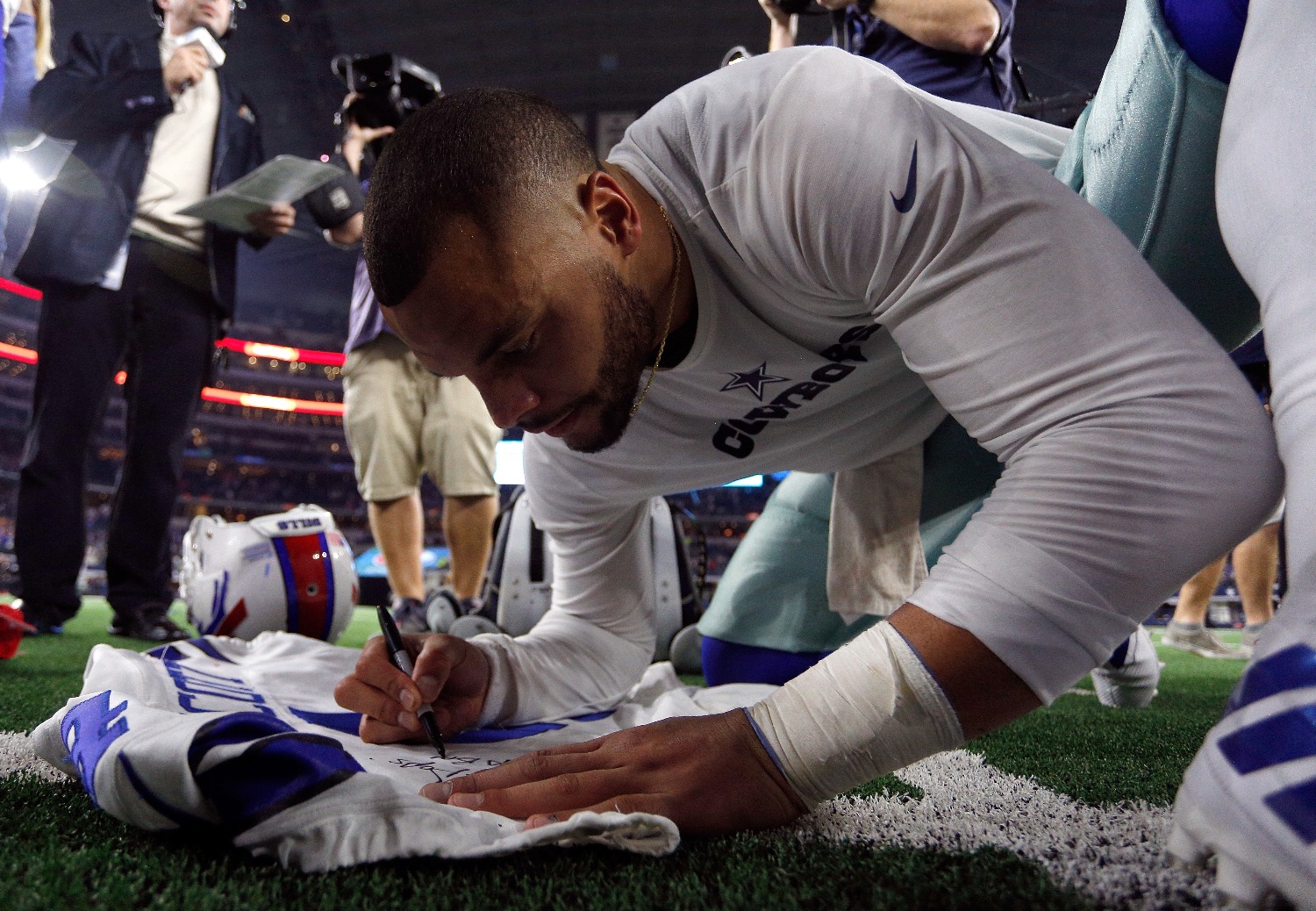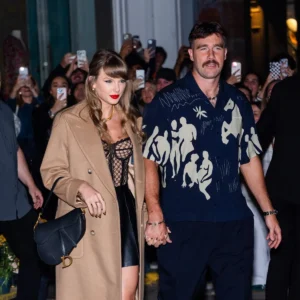Dak Prescott endured a year in 2020 that might have broken many other people.
The Dallas Cowboys quarterback first experienced tragedy with the suicide of his brother that April. Then Prescott suffered a gruesome leg injury that prematurely ended his season. And topping it all off, he was embroiled in very heated contract negotiations, with the injury complicating that matter significantly.

Yet he never ran from his problems. Instead, he faced them head-on.
In a stirring profile in Sports Illustrated, Prescott revealed what happened in the moments after learning of the death of his older brother, Jace, on April 23, 2020. Within 15 minutes of hearing the news firsthand from family members, Prescott wrote his late brother a letter.

In part, it read:
Jace MacKenzie PrescottA Life Taken to Save MillionsYou’ll never be forgotten for one second.-Why didn’t you ask me for help?-Did you tell someone how bad you hurting?-Do you know how many people you affected?-Do you know you’re adored, admired, loved?
Sadly, tragedy was not foreign to Prescott and his family. They had lost Dak’s mother, Peggy, to colon cancer in November 2013.
But Prescott, then a sophomore at Mississippi State, had distinguished himself in the wake of that tragedy by insisting to his Bulldogs coaches that he practice that very day after her death.
And in the instant of his greatest physical pain, the season-ending injury last season in which his foot was detached and pointing the wrong direction, Prescott heeded a friend’s previous advice for times of crisis: “Thank God.” Repeatedly …
So as the broadcast team screamed “oh no” … thank you God … as doctors rushed onto the field … thank you God … as teammates patted Prescott on the helmet … thank you God … as the cart drove him away … thank you God … as he buried his tears in a towel … thank you God. “That was my peace in all this,” Prescott says.
Prescott has since become a vocal advocate for mental health. In May, Prescott spoke with Yahoo Sports’ Charles Robinson about leaning into his identity as a very public figure and being more than willing to share how he’s dealt publicly with his private struggles.
“Thats a testament to my platform, just being a quarterback of the Dallas Cowboys,” Prescott said. “And not only that, [but] having experience with it losing a brother and just all of the things that I’ve been through, from fighting all the adversity and coming back to a position that I could be proud of, [then experiencing] adversity again and bouncing back.
“It’s humbling in a sense that when I talk about such an important and vital thing in this world — mental health — that everyone listens. But I’m also obligated to do so, knowing that ears are on me and people are listening for advice. And people are listening to know how they can help themselves.”
Prescott signed his $160 million contract extension this past spring. He’s now working his way back from another setback, a left shoulder injury that sidelined him since early in training camp.
But Prescott’s role as football savior can’t trump his astonishing advocacy for facing depression, stress and life’s other challenges head on.
In a league where many players can be excused for burying their feelings or keeping internal struggles private, Prescott has been the face of transparency. It’s also not insignificant that’s he’s a star quarterback and one of the league’s most recognizable players, helping spread his message throughout the league but also beyond football.
And it’s hard not to marvel at his strength, courage and self-awareness in doing so.






